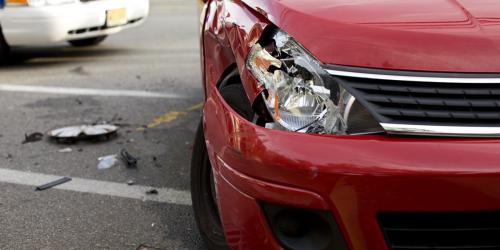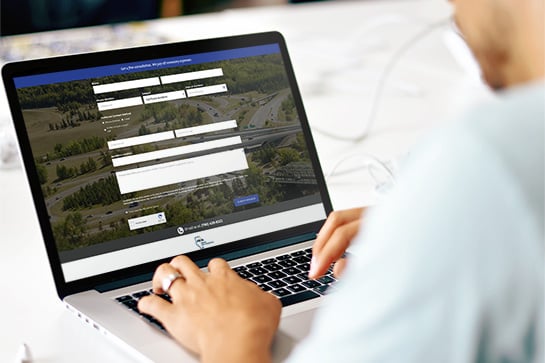Property Damage
After the initial treatment of any injuries sustained, the first concern most people have following a collision is dealing with the damage done to their vehicle. This will involve obtaining funding for any necessary repairs or, if the vehicle is written off, receiving a lump sum payout for the value of the vehicle.
If you have collision coverage on your vehicle, your insurer will be able to assist you. If you are at fault for the accident, they will pay for your property damage, less your deductible. If another party is at fault, and that party has insurance, your insurer will usually pay for the damage to your vehicle less your deductible (although your insurer will likely waive the deductible if liability for the accident is not in dispute) and recover that amount from the at fault driver’s insurer.
If you do not have collision coverage, you will need to advance your property damage claim through the at fault insurer.
Medical Expenses
If you are injured in a collision, there are often expenses associated with the treatment of your injuries, such as ambulance bills, prescriptions, and any physiotherapy or other treatments recommended by your doctor.
If you are a driver in a collision and if you sustain a “minor injury” and are being treated under the Diagnostic and Treatment Protocols Regulation, your treatment expenses will be covered by your Accident Benefits coverage through your own insurer. These are referred to as Section B benefits, which is discussed further in the CAM LLP Injury Law Handbook.
If your injury is not a “minor injury” or if you have a “minor injury” and are not being treated in accordance with the Diagnostic and Treatment Protocols Regulation, the first place to look for coverage of these expenses is through any private medical insurance you may have either personally, through your employer, or through an immediate family member. If there is no private insurance available, or if that private insurer does not cover 100% of your medical expenses, you should look to your insurer to cover any expenses for which you are not reimbursed.
If you do not have private medical insurance and you have exhausted all of the benefits available to you under the Section B portion of your automobile policy, you may be able to obtain coverage for further medical expenses by making an application to the Motor Vehicle Accident Claims Fund. This is a fund set up by the Government of Alberta to assist people who are injured in motor vehicle collisions and are in need of medical treatment but do not have any other form of insurance coverage for medical expenses available to them.
If the collision was caused by the negligence of someone else, any expenses not covered by one or more of the above sources can be claimed in a personal injury action brought against the at-fault party or parties
The CAM LLP Injury Law Handbook offers more helpful information about what to do if you’re involved in a motor vehicle collision. Alongside more sources of compensation that might be available to you, you’ll also find standard steps in a personal injury claim and things you can do to help your lawyer help you.
Have More Questions? Need Answers?
If you’re confused about what compensation you’re entitled to after an accident, contact CAM LLP and speak to one of our experienced personal injury lawyers.
Note: This post was originally published July 2013 and has been updated with relevant material

